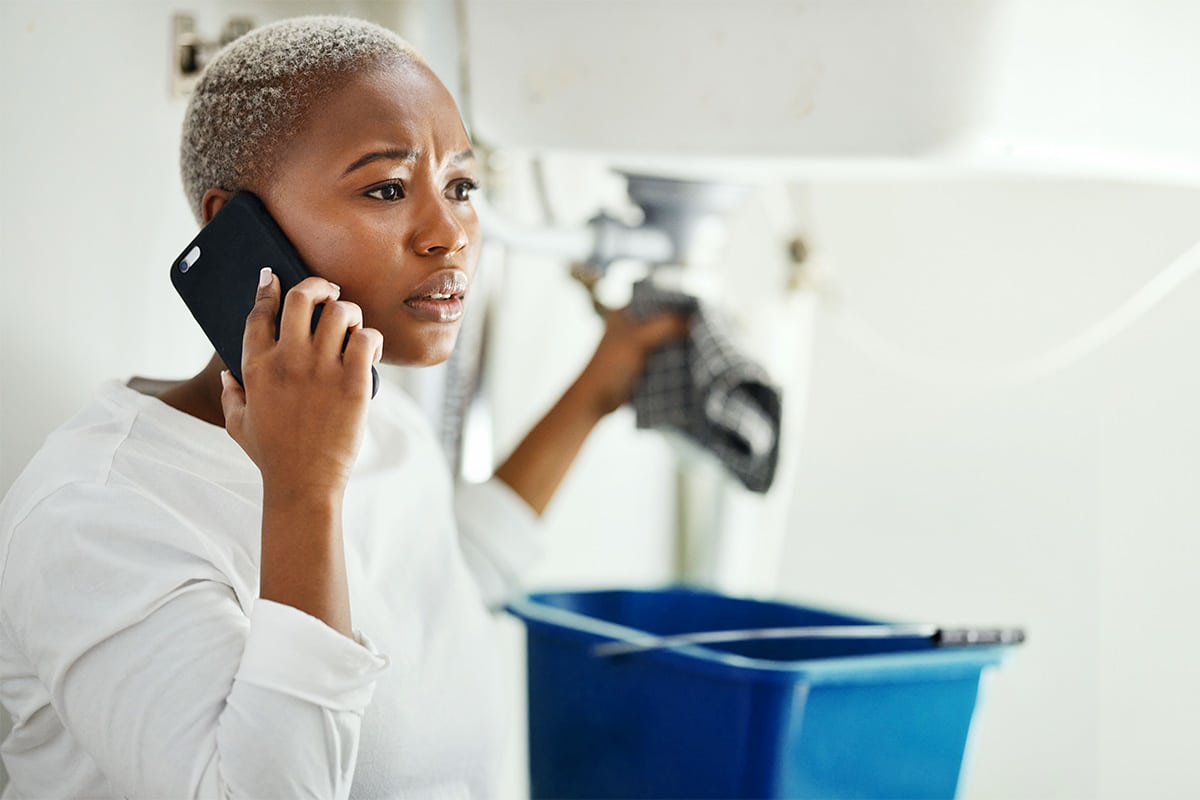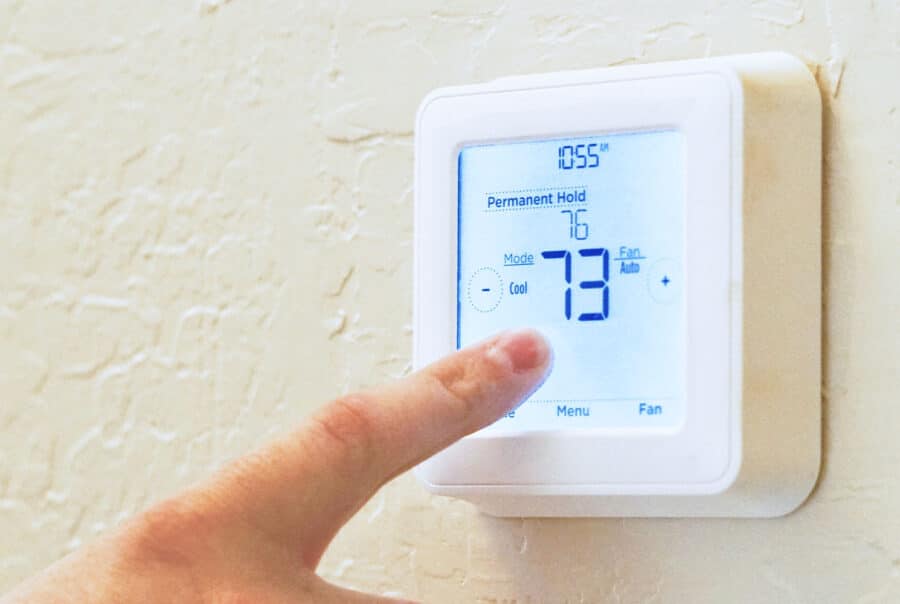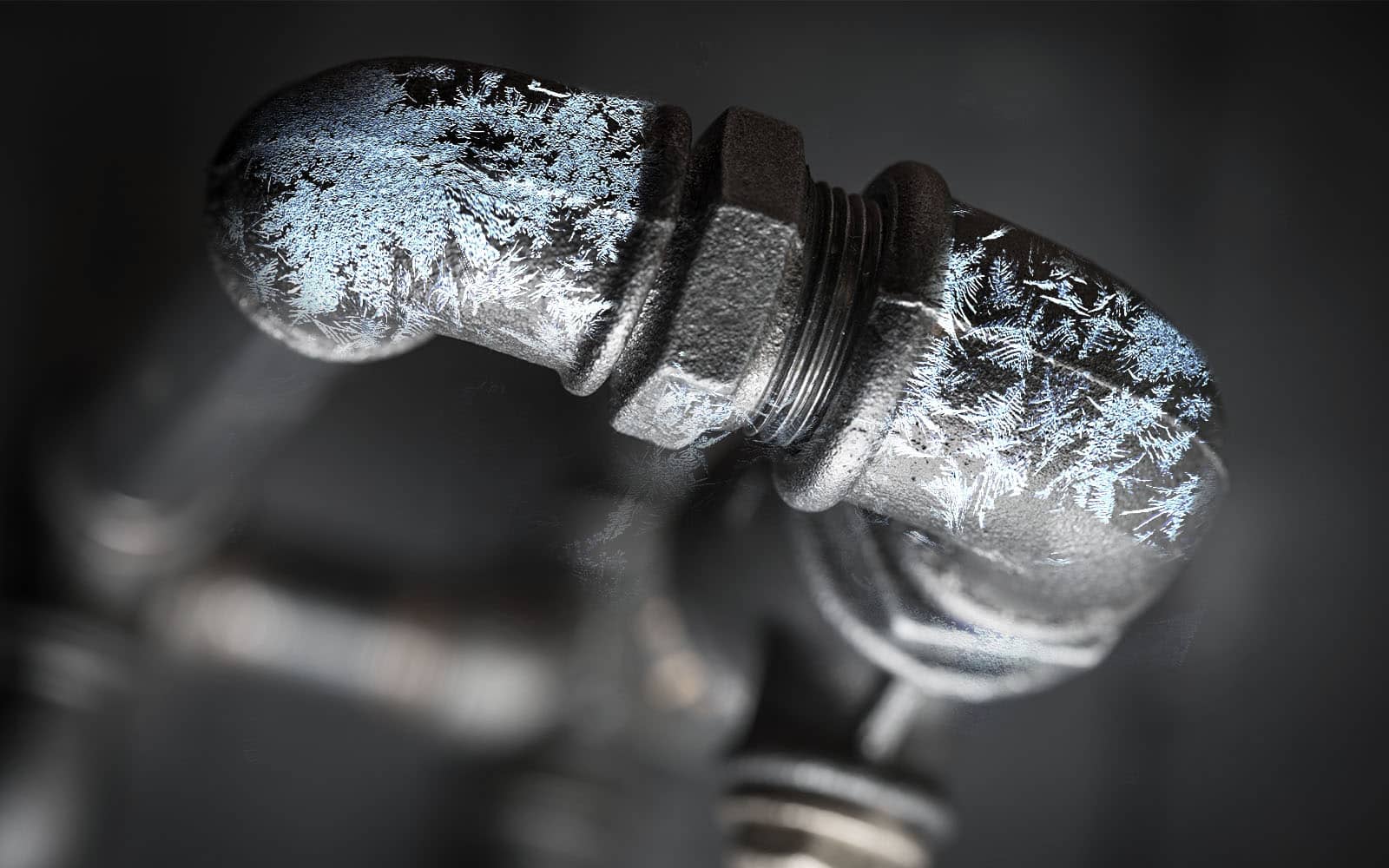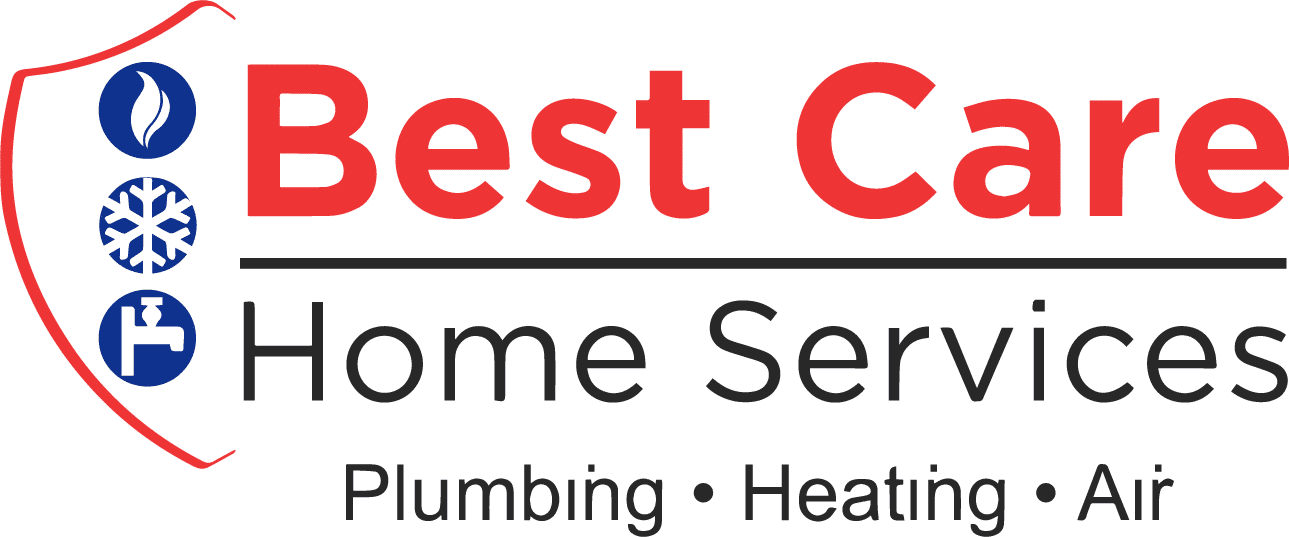
In the world of home maintenance, few topics are as rife with myths and misconceptions as plumbing. Many homeowners in Alabama and beyond hold onto certain beliefs about their plumbing systems that, while widely accepted, are far from accurate. These plumbing myths can lead to faulty DIY fixes, unnecessary fears, and even costly damages. It’s crucial to debunk these myths not only to set the record straight but also to guide homeowners in making informed and prudent decisions about their plumbing. Whether you require a routine check-up or are in need of a reputable plumbing service, understanding the truth behind these myths can save you both time and money.
Myth #1: “Flushable” Wipes Are Safe for Toilets

Contrary to popular belief, so-called “flushable” wipes are not as safe as they claim to be. When flushed down the toilet, these wipes do not disintegrate like regular toilet paper. Instead, they remain intact, causing serious clogs and backups in your home’s plumbing and the local sewer system. According to a lawsuit filed by the NACWA, flushable wipes failed to break down after 30 minutes in a toilet simulator, while regular toilet paper disintegrated after a mere 8 seconds. Furthermore, the City of New York has reported spending over $18 million in the past five years tackling problems associated with wipes. This costly and time-consuming issue can be easily avoided by simply disposing of wipes in a trash bin instead of flushing them. The seemingly convenient practice of flushing wipes down the toilet can lead to unnecessary and avoidable plumbing issues.
Instead of flushing wipes down the toilet, consider these safer and environmentally friendly alternatives. Firstly, regular toilet paper is a tried and true option. It’s specifically designed to disintegrate quickly in water, making it safe for all types of plumbing systems. Secondly, biodegradable wipes are becoming increasingly popular. These wipes are made from materials that can break down naturally in the environment, reducing the risk of clogs and sewer backups. However, even biodegradable wipes can take longer to break down than toilet paper, so it’s still best to dispose of them in the trash when possible. Lastly, consider using a bidet or a bidet attachment for your toilet. Not only are bidets effective and hygienic, but they also reduce the need for any type of wipe, making them an excellent choice for the environment and your plumbing system.
Myth #2: Lemon Peels Clean and Freshen Garbage Disposals

While the idea that lemon peels can clean and freshen your garbage disposal seems logical and is quite popular, it’s unfortunately not entirely true. Yes, the lemon’s citrusy scent can mask unpleasant odors, giving the impression of a cleaner disposal. Ice is a safer and more effective means of cleaning your disposal. The hard surface of ice can help dislodge any food particles stuck on the disposal’s blades. Furthermore, adding a small amount of dish soap while running cold water and the disposal can help break down any grease or oils. As for those unpleasant odors, baking soda is a safe and effective deodorizer that won’t damage your disposal. As a homeowner, it’s essential to know the proper ways to maintain your appliances to avoid any unexpected and unnecessary repair costs.
Myth #3: Running Water with the Garbage Disposal Prevents Clogs

Despite the widespread belief, simply running water while using your garbage disposal won’t necessarily prevent clogs. While it’s true that running cold water can help move the ground-up food through the system and into the main sewer line, it cannot prevent clogs entirely, especially if improper items are being put into the disposal. Hard or fibrous materials, such as bones, coffee grounds, or vegetable peels, can still cause clogs or damage the disposal, regardless of whether water is running.
To use your garbage disposal correctly, start by only disposing of appropriate items. Stick to soft, biodegradable foods and avoid anything hard or fibrous. Run cold water before you start the disposal, and keep it running for 15-20 seconds after you turn the disposal off to help flush the system. Never overfill the disposal, as this can lead to jams or damage the motor. If you’re disposing of particularly fatty or greasy food waste, use dish soap along with the cold water to help break down the fats and keep them moving through your plumbing. Regular maintenance, including occasional cleaning with ice and baking soda, can also help keep your disposal running smoothly and avoid clogs.
Myth #4: Ice Cubes Sharpen Garbage Disposal Blades

Contrary to the popular belief, ice cubes do not actually sharpen the blades of your garbage disposal. Garbage disposals work by using impellers to grind food, not blades to cut it. So, while ice cubes may help clean your disposal by knocking off food particles stuck to the impellers, they do not have any effect on the sharpness of the “blades.” Ice cubes can indeed clean your garbage disposal but the notion that they can also sharpen it is a myth.
For maintaining your garbage disposal, there are a few key tips to follow. First, always run cold water when using the disposal. This helps to solidify any greases or oils that might be present, allowing them to be chopped up and flushed through the system rather than sticking to the sides. Second, avoid disposing of hard or fibrous items as they can cause clogs or jams. Lastly, clean your disposal regularly. You can do this with a combination of ice and a cup of vinegar, which helps to clean and deodorize your disposal without causing any damage.
Myth #5: Pouring Hot Grease Down the Drain is Fine with Plenty of Water

One of the most pervasive myths in home plumbing is the idea that pouring hot grease down the drain is fine as long as you run plenty of water afterwards. The reality is that this practice can have severe consequences for your home’s plumbing system. When hot grease cools down, it solidifies, creating a dense blockage in your pipes. Over time, this can lead to serious clogs and potential sewer backups that can be costly and difficult to remedy. Furthermore, when grease is washed down the sink, it can accumulate in the sewer system, contributing to fatbergs—massive, rock-hard lumps of fat, wet wipes, and other waste—that can wreak havoc on municipal sewer systems. According to The Guardian, fatbergs can become as hard as concrete, requiring specialized equipment to remove, presenting a significant issue for water treatment facilities.
The safest way to dispose of grease is to allow it to cool and solidify, then throw it away in your regular trash. Alternatively, some communities have recycling programs that accept used cooking oil. Check with your local waste management service to find out if this option is available in your area. Remember, proper grease disposal is not just about protecting your own pipes; it’s also a matter of environmental responsibility. So next time you think about pouring hot grease down the drain, remember the potential consequences and take the extra step to dispose of it properly. Your plumbing system will thank you.
Myth #6: Low Water Pressure is Always a Fixture Problem

It’s often mistakenly believed that low water pressure is exclusively an issue with the fixture. However, in many cases, low water pressure can signify larger issues within the plumbing system. According to Family Handyman, some common causes of low water pressure are clogged pipes, pipe corrosion, or issues with the municipal water supply. If only one fixture is experiencing low pressure, it could indeed be a fixture issue. However, if low water pressure is a house-wide problem, it’s more likely that there’s an issue with the plumbing system as a whole.
Pipe corrosion, for instance, is a common cause of low water pressure in older homes. As pipes age, minerals in the water can build up on the inside of the pipes, narrowing the path through which water can flow. This ultimately leads to reduced water pressure. On the other hand, clogged pipes can occur in any home, regardless of age. Over years of usage, debris and mineral deposits can accumulate inside the pipes, causing blockages and restricting water flow.
In some cases, issues with the municipal water supply can lead to low water pressure. If your home is situated at the end of the supply line or on a hill, you might experience lower water pressure than your neighbors.
To determine the cause of low water pressure in your home, it’s wise to consult a professional plumber. They can assess your home’s plumbing system, identify any issues, and recommend an appropriate course of action. Remember, addressing these issues early on can help prevent further damage to your plumbing system and save you from costly repairs in the future.
Myth #7: A Leaky Faucet is a Minor Issue That Can Be Ignored

Ignoring a leaky faucet is a common mistake many homeowners make, assuming it to be a minor issue. However, even a small drip can waste substantial amounts of water over time. According to the United States Environmental Protection Agency, a leaky faucet dripping at the rate of one drip per second can waste more than 3,000 gallons of water per year. That’s the amount of water needed to take more than 180 showers!
Yet, the waste of water is just the tip of the iceberg. A leaky faucet could indicate more serious underlying plumbing issues. For example, it could be a sign of a worn-out washer, seal, or O-ring, or more extensive problems like corrosion or improper faucet installation. If left unattended, these issues may lead to more significant damage and costly repairs.
Addressing a leaky faucet promptly not only conserves water but can also help save on your water bill and avoid expensive repairs. If you’re unsure how to fix a leaky faucet, or if the faucet continues to leak after you’ve made an attempt to fix it, it’s best to call a professional plumber. In Alabama, trust Best Care with your plumbing needs. They can accurately diagnose the problem and provide a permanent solution. Remember, a leaky faucet might seem like a small problem, but it can quickly become a big one if not addressed in time.
Myth #8: Chemical Drain Cleaners Are Safe and Effective

Many homeowners in Alabama and beyond believe that chemical drain cleaners are a safe and effective way to clear clogs, but this is a myth. In reality, these cleaners can cause more harm than good. These products work by producing heat through a chemical reaction, breaking down the material that’s causing the blockage. However, this heat can also damage your pipes over time.
Additionally, chemical drain cleaners can pose serious health risks. The chemicals in these products are highly corrosive, and can cause skin burns and eye injuries. According to a 2018 report from the U.S. Consumer Product Safety Commission, drain cleaners are considered one of the most hazardous household products, causing approximately 3,000 injuries annually in the United States alone.
Instead of reaching for a chemical cleaner, consider safer and more effective alternatives for dealing with clogs. A plunger or a plumber’s snake can often dislodge stubborn blockages. For recurring or severe clogs, it’s best to call a professional plumber. They can inspect your system to pinpoint the cause of the problem and suggest a long-lasting solution, which could involve repairing or replacing pipes, or even a sewer cleanout.
Remember, when it comes to plumbing maintenance and repairs, it’s better to prioritize safety and effectiveness over convenience. A professional will ensure that your plumbing system is functioning optimally, while also keeping your home and family safe.
Myth #9: Regular Plumbing Maintenance is Unnecessary

In Alabama and beyond, there is a prevailing belief that regular plumbing maintenance is unnecessary, and that it is only necessary to address issues when they occur. However, it is crucial to recognize the importance of regular plumbing maintenance to prevent potential problems and ensure the long-term functionality of your plumbing system. Regular maintenance allows for the early detection of potential issues, such as minor leaks, which if left unnoticed can escalate into costly water damage. Additionally, routine inspections can spot early signs of pipe corrosion or accumulation of sediment and mineral deposits, which can cause low water pressure or clogged drains.
A professional plumbing company, like Best Care, can also ensure that your water heater is working efficiently, preventing unexpected breakdowns and ensuring a steady supply of hot water for your home. And by routinely checking your sewage system, professionals can identify and address small issues before they grow into larger, more expensive problems like sewer backups or major pipe damage.
Remember, prevention is better than a cure – and this saying holds particularly true when it comes to maintaining your home’s plumbing system. Regularly scheduled maintenance with a trusted professional like Best Care not only saves you money in the long run by avoiding costly repairs, but also ensures a safe, healthy, and comfortable living environment for you and your family.
Myth #10: All Plumbers Are the Same

It’s a common misconception that all plumbers are the same and can provide the same level of service. However, like any other profession, quality and expertise can vary significantly from one plumber to another. While it might be tempting to opt for the cheapest quote you receive, remember that in the world of plumbing, you often get what you pay for.
A less experienced or unlicensed plumber may offer a lower rate, but they may not have the necessary skills or knowledge to properly diagnose and fix your plumbing problems, leading to inadequate work that could result in more significant issues down the line. On the other hand, a licensed and reputable plumber, although potentially more expensive upfront, will have the training and experience to provide high-quality service and ensure that the job is done right the first time.
In Alabama, trust Best Care for all your plumbing needs. As a licensed and reputable plumbing company, Best Care has a team of highly skilled and experienced professionals who can accurately diagnose and resolve any plumbing issues you may face. They adhere to industry standards and use high-quality materials to ensure the durability of their work.
Remember, when it comes to plumbing services, quality should always take precedence over cost. After all, the safety and integrity of your home depend on it.
Separating Fact from Fiction
In conclusion, there are many pervasive plumbing myths that can lead homeowners astray and result in costly mistakes. From misconceptions about leaky faucets and chemical drain cleaners to underestimating the value of regular maintenance and the importance of hiring a reputable professional, it’s crucial to separate fact from fiction. In Huntsville, trust Best Care for all your plumbing needs. We provide high-quality, professional service you can rely on. No job is too big or too small, and our experienced team can effectively diagnose and resolve any plumbing issues, ensuring a safe and comfortable home for you and your family. Remember, when it comes to your home’s plumbing system, taking chances isn’t worth the potential cost and hassle. Call Best Care today at 256-937-7889 to ensure your home is in the best hands.
Recent Articles

Emergency Plumbing 101
Plumbing emergencies are one of the inevitable hardships homeowners have to face. Very often, these unwelcome…

Guide to Prepping Your Alabama HVAC Unit for Spring
Guide to Seasonal Huntsville HVAC Maintenance As winter gradually loosens its grip and whispers of warmer…

Shielding Your Home: Tips to Prevent Frozen Pipes in Cold Alabama Winters
Frozen Pipes Prevention Guide: How to Safeguard Your Home in Freezing Temps As the winter chill…
